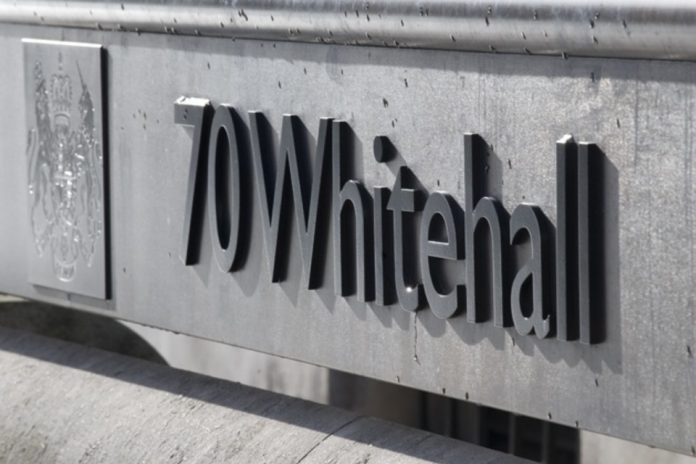- New Construction Playbook details how government and industry can better work together to deliver public sector works in a more modern and efficient way
- It also outlines green initiatives for the construction industry to minimise greenhouse gas emissions of projects
- The new guidance has been developed in consultation with construction industry
New plans on how government will work with the construction sector to make sure public sector works are delivered faster, better and greener have been launched today.
In 2018, public sector works contributed some £117 billion to the UK economy, as well as supporting over two million jobs.
The Construction Playbook, launched today, outlines what government expects from these works, from new roads and railway lines to schools, hospitals and prisons.
The Playbook also outlines the key role the construction sector will play in both the UK’s recovery from the coronavirus pandemic and work to bring greenhouse gas emissions down to net zero by 2050. Green initiatives in the Playbook include promoting the use of carbon assessments to understand and minimise the greenhouse emissions of projects.
Other specific measures include:
- Providing greater certainty to industry through long term plans for key programmes. This will include longer term contracting across a range of areas which will give industry the certainty required to invest in new technologies, delivering improved productivity and efficiency savings
- Incentivising industry to innovate by focusing on the output of what we want a project to achieve, rather than micromanaging how it is done
- Modernising construction by standardising designs and parts, as well as embedding digital technologies including the UK Building Information Management Framework
- Greater focus on building positive relationships with robust contract management between project leads and industry
- Investing more in training and apprenticeships, driving forward innovation in construction, boost productivity and focus on value for money in public sector developments
Learning lessons from the Grenfell Tower tragedy, the Construction Playbook also makes it clear that the construction sector must put safety at the heart of everything it does.
Cabinet Office Minister Lord Agnew, said:
As the largest construction sector customer, government is in an ideal position to ensure that the industry is productive, professional and delivers value for money for taxpayers.
By adopting the new Construction Playbook, developed with industry partners, we will help ensure that the sector becomes greener and more innovative.
Andy Mitchell, the CEO of Tideway and Co-Chair of Construction Leadership Council:
The Government can influence the whole direction that our sector takes with the way it buys new public buildings and infrastructure.
The Construction Leadership Council is delighted that Government is showing real leadership in this regard. The Construction Playbook commits us all to drive positive change with better, long-term relationships and more efficient ways of working. The CLC will give its support to engage the industry to play its part in embedding the Playbook recommendations across our sector.
Michael Graham, the Chairman of the Graham Group said:
This is a fantastic opportunity for industry and the Government to come together and change the face of UK construction to deliver sustained value for money and a more stable, productive industry.
The launch of the Construction Playbook is only the start of the journey and we look forward to playing our role to help deliver these better outcomes.
The Construction Playbook has been created following months of detailed talks between the government and the construction sector. The measures launched today have been backed by construction firms and business associations from across the industry.
The document also outlines how the Government will strengthen the financial assessment of all the suppliers it works with to make sure projects are delivered on time and to budget.
For more details of the Construction Playbook visit here







